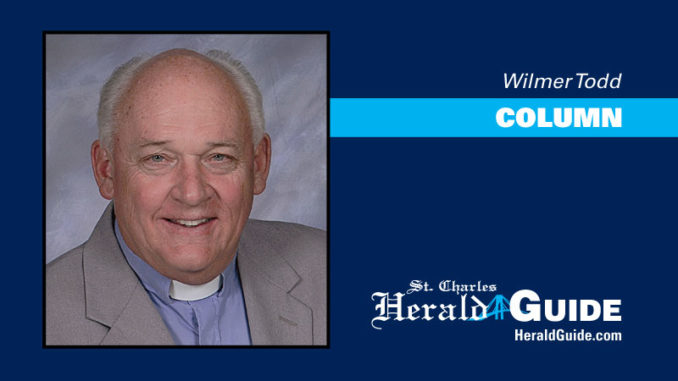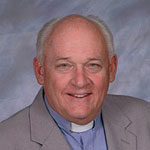
We often hear about Christians being persecuted for their faith in various parts of the world. It seems like whenever missionaries introduce Christianity to a new country or culture, a persecution begins once these followers of Jesus grow in size.
Jesus told his disciples to go out into the whole world and teach the truths he had given them. They were to baptism the believers and make them members of his body. This was a difficult task in many communities, especially where another religious group dominated the culture.
In the 16th-century missionaries were trying to introduce Christianity to the Far East. Paul Miki was a Christian from Kyoto, Japan. He was born at Tounucumada, Japan, and educated at the Jesuit college of Anziquiama. He joined the Jesuits in 1580, and became known for his eloquent preaching. Paul understood the local religion and culture well enough to argue for Christianity to the point where he made enemies.
Nine years before his martyrdom, the Japanese emperor had ordered all Christians out of Japan. Religious and political leaders ran the missionaries out of the country and burned down their churches. Paul Miki and his companions (two Jesuit priests, six Franciscan priests, and 17 lay people including catechists, a doctor, a cook, a carpenter, a translator, and three altar boys) remained to continue God’s work. The government arrested and sentenced them to death in December of 1596.
The 26 men were force to march 600 miles more than 30 days to meet their death in Nagasaki. Those in charge repeatedly offered them freedom if they would renounce Christianity; they all declined.
When the march ended in Nagasaki, the officers tied the 26 martyrs to crosses and read the Decree of Execution. The victims started to pray and sing while Paul Miki began to preach in a loud voice: “Having arrived at this moment of my existence, I believe that no one thinks I want to hide the truth. That is why I declare that there is no other way of salvation than the one followed by Christians. Since this way teaches me to forgive my enemies and all who have offended me, I willingly forgive the king and all those who have wanted my death. I pray that they will obtain the desire of Christian baptism.”
The man reading their death sentence sought to paint the killings as a necessary government measure. He told the crowd the martyrs were all men from the Philippines who had come to infiltrate Japanese society and erode their traditions with their lies. Paul Miki spoke about his Japanese heritage and the truth of the Gospel.
Here are his words as he hung on his cross: “The sentence of judgment says these men came to Japan from the Philippines, but I did not come from any other country. I am a true Japanese. The only reason for my being killed is that I have taught the doctrine of Christ. I did teach the doctrine of Christ and am telling the truth. I thank God it is for this reason that I am dying. Ask Christ to help you to become happy. I obey Christ. After Christ’s example I forgive my persecutors. I do not hate them. I ask God to have pity on all, and I hope my blood will fall on my fellow men as a fruitful rain.”
The executioners then stabbed these first martyrs of Japan to death with sharp spears while they hung on their crosses. The crowd who heard the testimony of Paul Miki and would use his words to spread Christianity in Japan. Nearly 300 years later, missionaries returned to Japan. At first they didn’t find any churches or schools. However, they quickly learned that many people had kept the Christian faith alive in secret over the years.


Be the first to comment